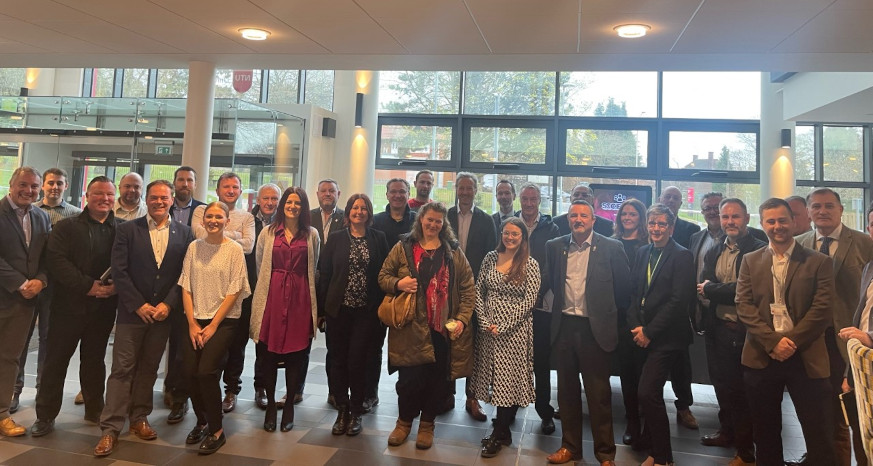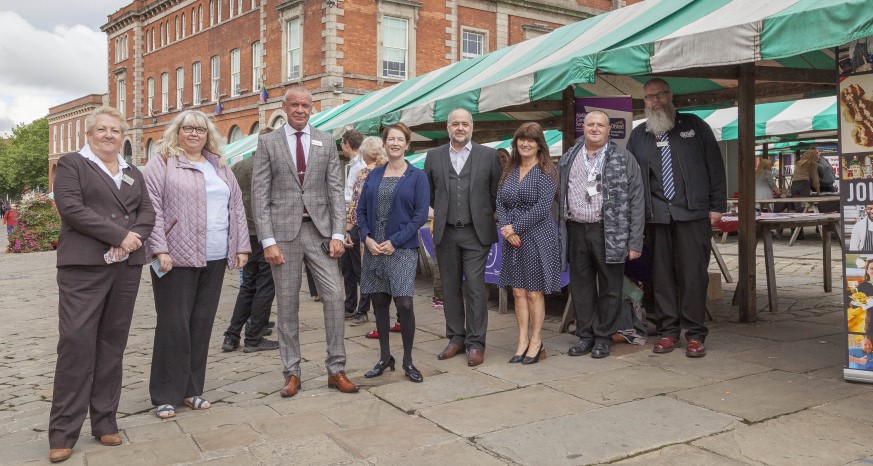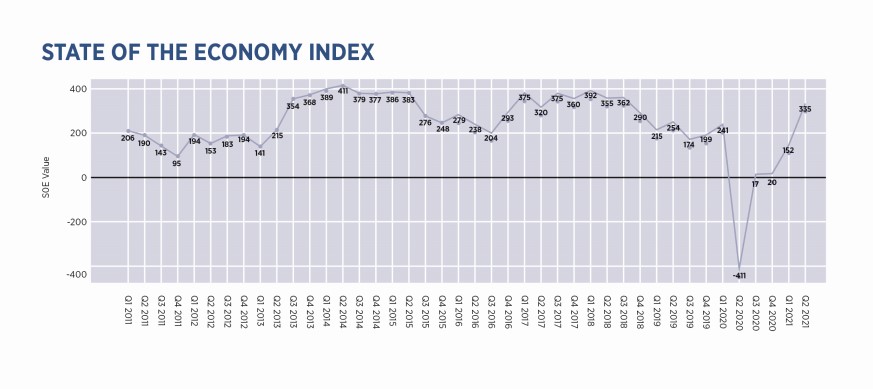A business network which brings together manufacturers across our region is celebrating success, achieving a membership of more than 150 businesses within its first year.
The East Midlands Manufacturing Network was set up by East Midlands Chamber in March 2022 in recognition of the importance of the manufacturing industry to the wealth and prosperity of the East Midlands.
The network was an initiative that formed part of the UK Community Renewal Fund-backed East Midlands Accelerator project run by the Chamber, although the business representation group always had the intention of continuing its support for the long term.
The Chamber recognised that very often, the challenges manufacturers face can be tackled via collaboration with others and engagement with the right people, through the right channels.
With its connections to Government, local authorities, landowners, the region’s other support agencies and universities, it is well placed to help manufacturers navigate a multitude of issues ranging from planning control to lack of expertise.
East Midlands Chamber deputy chief executive Diane Beresford said: “It’s a challenging time for manufacturers. More than any other sector, they’ve been hit by the meteoric rise in energy costs and raw materials, against a backdrop of recruitment issues.
“The reason the membership continues to grow is because the network offers very real and valuable support, and a safe space to share the concerns of running a manufacturing business at the present time. We’ve already seen several interesting collaborations that have sprung from the network.
“One area which we’re particularly keen to develop is the concept of technology forums. We know that digital technology is an important growth enabler for manufacturers.
“In the spirit of collaborative learning, we’d like to develop a roadshow where network members can host such forums to showcase how they have embraced technology. Sharing best practice and lessons learned in this way is undoubtedly of huge benefit to those members at an earlier stage of the same journey.”
Network meetings are held every six weeks in Nottinghamshire, Derbyshire, North Nottinghamshire and Leicestershire.
Topics to be covered are varied, and set by the membership in that area. They might include an update from Make UK, information on the adoption of Made Smarter in the East Midlands, an outline of Digital Upscaler technology support from the Chamber, or an announcement on the latest tailored manufacturing support on offer from the universities.
All meetings begin at 7.30am and end no later than 10am. Agendas for each meeting are added in advance to the https://www.emc-dnl.co.uk/services/east-midlands-manufacturing-network/ page of the Chamber’s website.
East Midlands Chamber supports the marketing and economic growth of the town through Chesterfield Champions, a network of over 200 organisations across Chesterfield and North Derbyshire.











